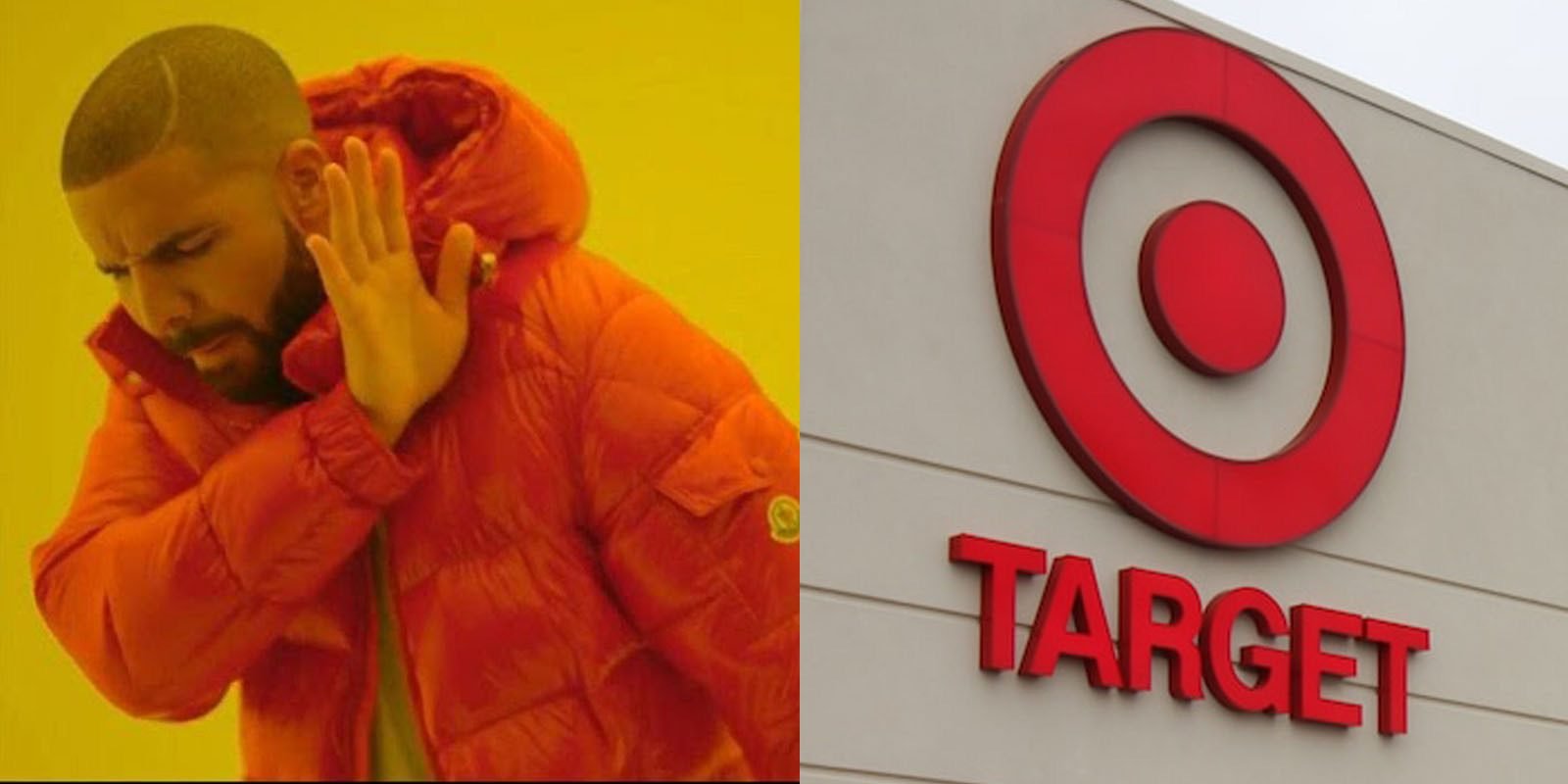This year, I gave up two of my favorite things: shopping at Target and listening to Drake. At first glance, that might not sound like a big deal, but when your habits are built around certain brands, walking away feels personal. These weren’t just conveniences, they were part of my identity. But over time, it became clear that loyalty wasn’t a badge of honor if it meant betraying the values I hold. Letting go wasn’t easy, but it was important to be intentional with how I spent my time and my money.
Voting With Your Wallet
This year, more than any I can remember, people have taken “vote with your wallet” seriously, and I count myself among them. Supporting the things that support you has always been one of my guiding principles. So when Target cut back on its DEI efforts, I stopped shopping there. That one hit hard. I loved Target. I had the REDcard and everything. I knew the layout of the stores like the back of my hand. And for years, they seemed to genuinely highlight and support marginalized communities through their displays, curated collections for Black History Month and Pride, and shelf space for small Black-owned brands. To see them pull back from that felt like a betrayal. It wasn’t just a shift, it was a reversal.
And I wasn’t alone. This year, Target reported a $500 million loss in quarterly sales and a 2.8% drop in year-over-year same-store sales. Their CEO even took a 43% pay cut as a result of the backlash. That’s not a coincidence. That’s what happens when people choose to spend their money elsewhere. We may not all agree on where the line is, but more and more of us are deciding that there has to be one.
Attention Is the New Currency
For the past few years, I was one of Drake’s top 5% listeners on Spotify. This year, I haven’t streamed a single song. With Drake, it didn’t happen all at once, but instead it’s been a slow fade. But when he filed that lawsuit against his label over the Kendrick beef, that was the final straw. Losing a rap battle isn’t a dealbreaker. Honestly, in my opinion, he’d already lost to Common and Pusha before ever stepping in the ring with Kendrick. But taking legal action because you lost a battle on wax? That was different. That felt like ego over accountability. It forced me to reevaluate the red flags I’d brushed aside as a fan, and once you start doing that, the illusion starts to fall apart.
Drake didn’t need my streams. He’s one of the most-streamed artists of all time. But for me, listening felt like co-signing. And in a year where my values were being tested in every direction, I couldn’t keep handing out my attention to people who acted like they were above criticism.
So What Now?
There’s a lot in this world we can’t control. But what we give our money, time, and attention to, that’s ours to own. Choosing not to support brands or artists that no longer reflect your values isn’t cancel culture. It’s accountability. And just as importantly, it’s an opportunity to redirect your energy toward people and institutions that do deserve it. That’s why I took that Target money and signed my family up for a Costco membership instead. I spent time discovering new artists instead of defaulting to old playlists. These aren’t grand gestures. But they’re mine. And they add up.
That’s the real price of loyalty. If you’re not careful, you’ll keep paying into something that no longer pays you back. And when that happens, the real cost isn’t just your money or time. It’s your peace.

